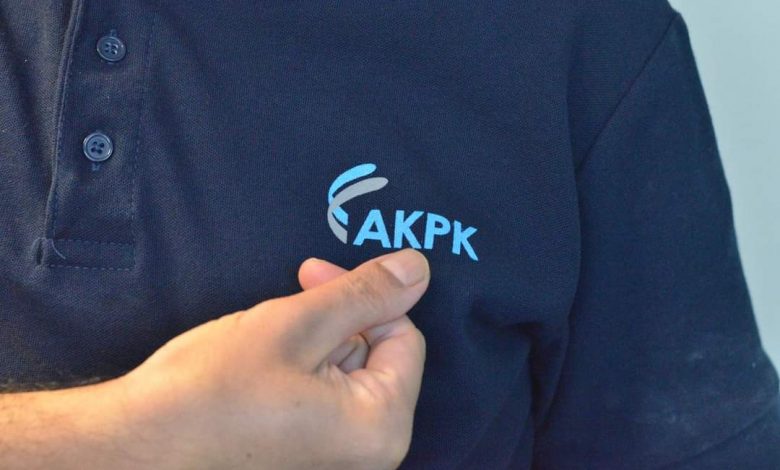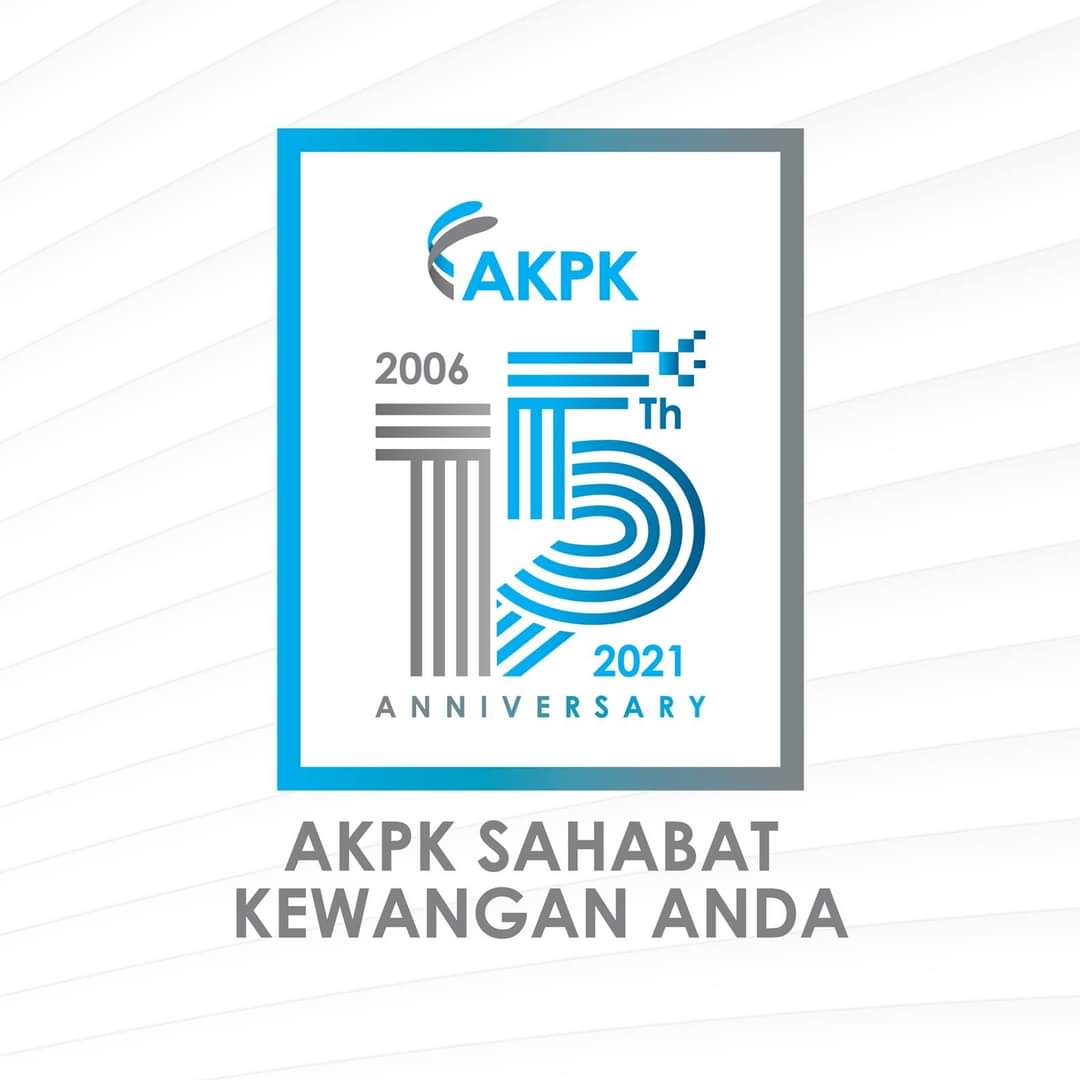

The following article was written by Noor Mojhamed bin Mohamed Younus, Former Consultant Fellow (2012-2019) of Putra Business School in UPM Serdang, in conjunction with the Credit Counselling and Debt Management Agency’s (AKPK) 15th anniversary in order to commemorate the agency’s noble work and assistance to the people since its inception in April 2006.
My Journey with AKPK, the Savior of the Financially Distressed
Prologue
I am a retired Fellow, previously lecturing to MBA students in one of Malaysia’s premier post graduate institutions, Putra Business School, UPM, Serdang. I am humbled to write on AKPK as I have used the tenets of AKPK in my Personal Financial Management (PFM) class. Personal Financial Management is an optional subject for students doing specialisation in MBA, Finance. Essentially, PFM tutors students on prudent fiscal management; in the handling of their investment portfolio, the various types of investment classes from shares, precious metals, unit trusts, fine art, wills, insurance, housing loans, debt management and judicious use of credit. Before I digress further, the facts on AKPK should first be extolled, for many might not be in the know.
Epic Milestone


Data Worthy of Consideration
As at 2019, cumulatively, AKPK has counselled a million cases and 295,000 cases in the debt management programme respectively. Its financial education programmes have reached out to five million adult consumers. The marketing and promotional informative content have been posted on traditional and digital media, with an outreach of 31.1 million (data extracted from AKPK Annual Report 2019).
Holistic Evolvement: Consumers, SME, Retirees
Though AKPK started off with financial advisory and management services for the consumer, it has evolved over the years to assist all levels of society; from the wage earner, members of the uniform services, small and medium enterprises, the retrenched and to retirees, with advice on retirement financial management.
The role of AKPK is much more vital in this time of Covid when SMEs are all burdened with reduced revenue and increased debt while facing an uncertain future. AKPK has shown its mettle in handling consumer debt, and this experience will prove handy in assisting the SMEs. The contribution of SMEs to GDP for the year 2019 was 38.9% or RM552.3 billion (Data from Statistic Department website).
AKPK: Mends Broken Homes
The function of AKPK is not merely as a debt management agency, but rather it’s role is noble as it mends marriage and rebuilds broken homes because money issues will always creep into social lives. In my findings on the divorce rates among Malay Muslims for the year 2019, the record from the Statistic Department showed 45,502 cases. The numbers have been increasing over the years and 80% of the divorces in Malaysia involved Malay Muslims since 2015. In fact, 2015 had the highest number of Malay Muslim divorces at 63,463 cases. A Malay Mail online article from 2016 quotes a JAKIM official verifying that 156 Malay Muslim couples divorce on a daily basis (extracted from UIA paper by Luqman Zakariyah, 2018).
One of the reasons cited for the high divorce rate is poor handling of financial resources. The median age of marriage for male Malay Muslims is 27 years and 26 for females, in comparison to non-Muslims where the median for males is 30 and 28 for females. Thus being relatively young, the Malay couple tends to lack the maturity in handling finances (Data from Statistic Department website).
It’s noteworthy that AKPK recognised that financial education is imperative for Malay couples. It has been in collaboration with JAKIM in providing education on financial management to Muslim couples, Muslim entrepreneurs and Syariah practitioners, and this will ultimately cascade downwards to the Muslim populace.
AKPK had also conducted many sessions with youth-based agencies and the Youth Ministry on financial management and this is the way forward in inculcating prudent financial behavior amongst the youth, the future bastion of Malaysia.
Teaching Financial Prudence to the Young Couple
In one of my Personal Financial Management classes, I had instructed the students to calculate the average cost of marriages in Malaysia, according to the three major groups, i.e., Malay, Chinese and Indian. I was inspired by an article in the AKPK website on the debt incurred post-marriage and borrowings via credit cards that saddle young couples with crippling debt and possible bankruptcy.
The students prepared a template of items necessary for marriages i.e., invitation cards, booking of venue, expected number of guests, cost per head for the wedding meal, gifts or “hantaran”, rental of wedding dresses, etc. The students also did a comparison in engaging a wedding planner. Even the expected returns of monies that the guests might give was tabulated but on a conservative basis; this figure was derived from the wedding of their siblings. The cost for the weddings has to be actual and derived from the printers, hotels, wedding planners and substantiated with documents.
Interestingly, my students found that Indian marriages, even with the least expenses, cost the most due to cultural requirements of offerings of gold jewelry and expensive Kanchipuram or Banarasi sarees to the bride. The “thali” or sacred wedding thread that the bridegroom would wear around the bride has to be gold and it symbolises love, respect and dignity.
Chinese weddings are more about “saving face” or putting it bluntly, the showing-off of one’s hierarchy or standing in society. For example, one of my students’ father was a retired Headmaster of a Chinese school in Mambang Di Awan, Perak. I assure you that Mambang Di Awan is not a dialogue from P.Ramlee’s movie, “Pendekar Bujang Lapok” but a quaint little town in Perak. My student’s father wanted a posh wedding dinner with a large number of tables for his guests, due to his position as the ex-Headmaster. My student’s computation using an Excel spreadsheet showed that he will have a payback period of 5 years to settle his debt for the wedding dinner.
The joy of being a lecturer is when your students thank you for the knowledge or how he had benefited from the lecture. My student approached me and said, “Sir, I called my father after I had reviewed the costing and told him that I can only allocate three tables for him and not the eleven tables that he had asked for, and I told him of the huge expenses that will be incurred.” He further added, “I am glad that my father saw reason in this and agreed to my request. Thank you, sir, as once you put the expenses to a spreadsheet, you will see the bigger picture, as you have explained during the lecture”
Malay weddings too can more or less be cost controlled in the selection of venue and if both couples have an understanding of their liabilities and do not succumb to parental pressure for a grand wedding—unless the parents are footing the cost of the wedding. It’s fashionable for some Malay couples to imitate the wedding of Malay celebrities and this invariably lands them in heavy debt and many social media forums have denounced this decadent practice.
Closure
My short article does not do justice to AKPK’s contribution as it’s easy to compute absolute figures like money, but social well-being and the repair of the fabric of society through methods such as avoidance of bankruptcies or mending broken marriages and social happiness cannot be quantified. I wish the management of AKPK the best in its endeavors to carve a new chapter in reviving the fortunes of the SMEs, now struggling under the blight of Covid. I am confident that AKPK will not fail the nation in its quest to assist the SMEs and save the millions of Malaysians in employment with the SMEs.
The AKPK Ipoh branch office can be reached at 05 242 8319. To learn more, visit AKPK’s website.


